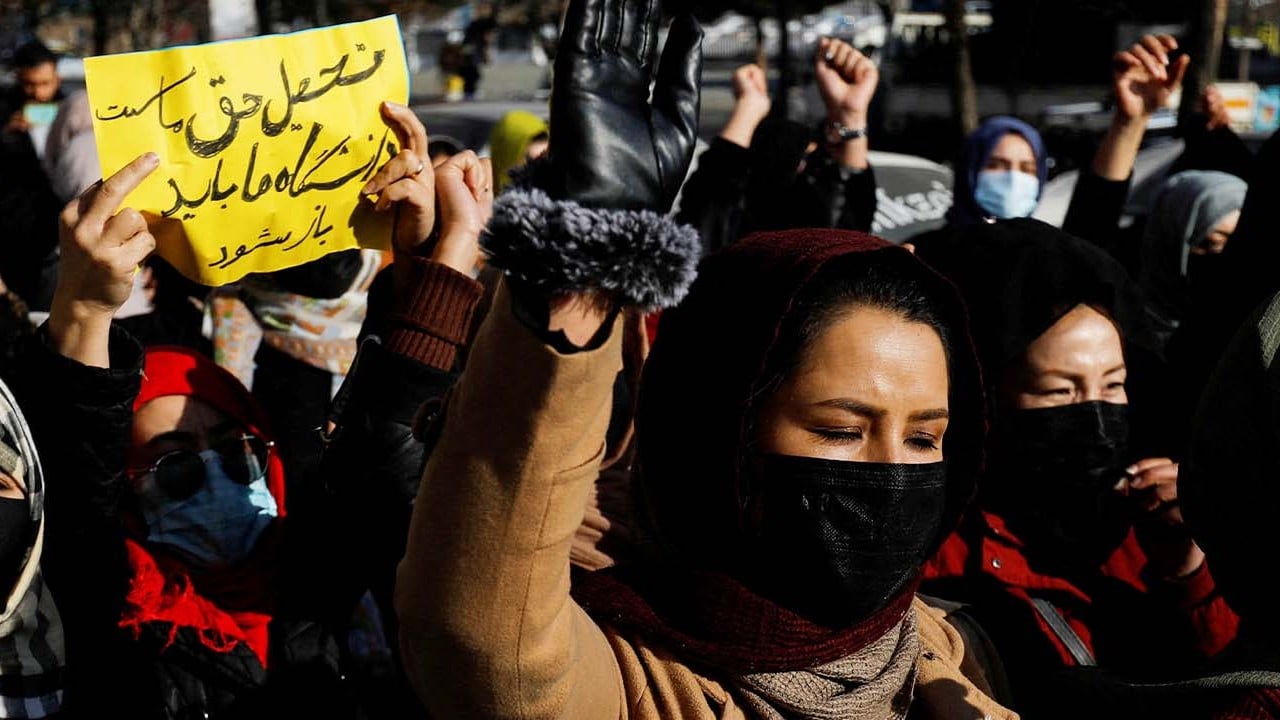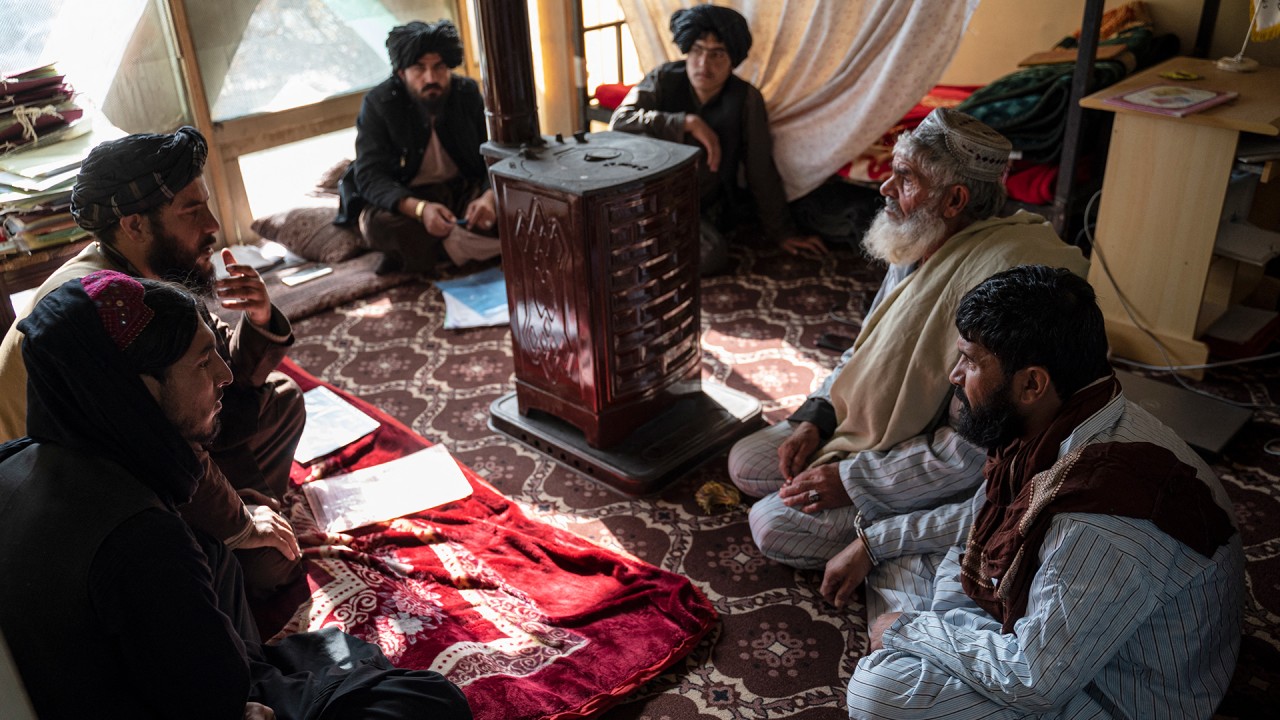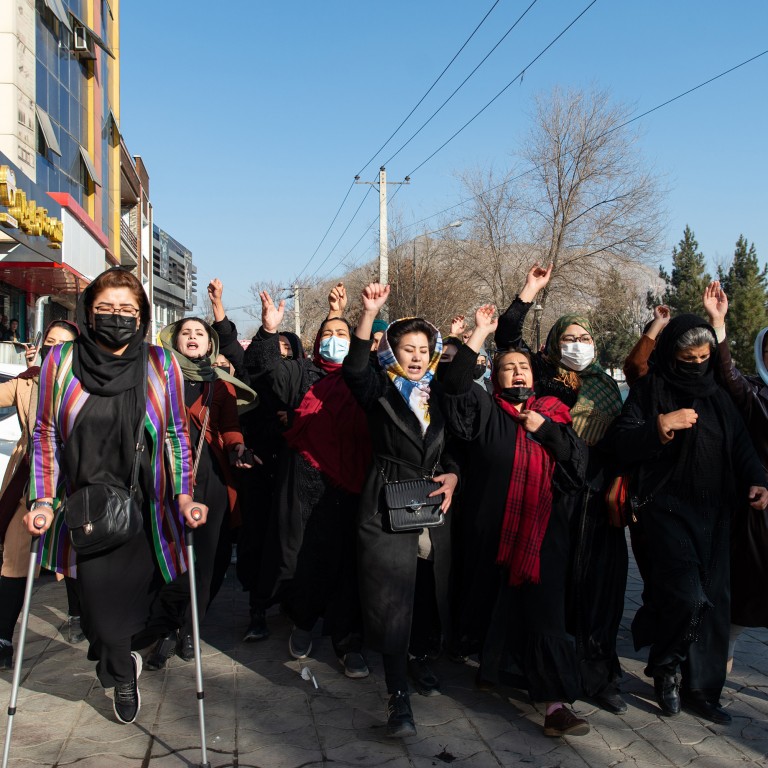
Taliban in Afghanistan ban women from working for domestic, foreign NGOs
- Any NGO found not complying with the order will have their operating licence revoked in Afghanistan, according to letter from economy minister
- Ministry says it received ‘serious complaints’ about female staff working for NGOs not wearing the ‘correct’ hijab
The Taliban government in Afghanistan on Saturday ordered all foreign and domestic non-governmental groups to suspend employing women, the latest restrictive move by the country’s new rulers against women’s rights and freedoms.
The order came in a letter from Economy Minister Qari Din Mohammed Hanif, which said that any NGO found not complying with the order will have their operating licence revoked in Afghanistan.
The contents of the letter were confirmed on Saturday by ministry spokesman, Abdul Rahman Habib.
Taliban says Afghan women banned from university for not following dress code
The ministry said it had received “serious complaints” about female staff working for NGOs not wearing the “correct” headscarf, or hijab. “The ministry of economy … instructs all organisations to stop females working until further notice,” the notification said. It was not immediately clear if the order applies to all women or only Afghan women at the NGOs.
The ban comes days after the Taliban-run administration ordered universities to close to women, prompting strong global condemnation and sparking some protests and heavy criticism inside Afghanistan.
The Charge D’Affaires for Norway, which funds aid in Afghanistan and hosted talks between Taliban and civil society members in January, condemned the move.
“The ban on female employees in NGOs must be reversed immediately,” Paul Klouman Bekken tweeted. “In addition to being a blow to women’s rights, this move will exacerbate the humanitarian crisis and hurt the most vulnerable Afghans.”
It was not immediately clear how the order would affect United Nations agencies, which have a large presence in Afghanistan delivering services amid the country’s humanitarian crisis.
When asked whether the rules included UN agencies, Habib said the letter applied to organisations under Afghanistan’s coordinating body for humanitarian organisations, known as ACBAR. That body does not include the UN, but includes over 180 local and international NGOs.
However, the UN often contracts with NGOs registered in Afghanistan to carry out its humanitarian work.
Aid workers say female workers are critical to ensuring women can access aid.
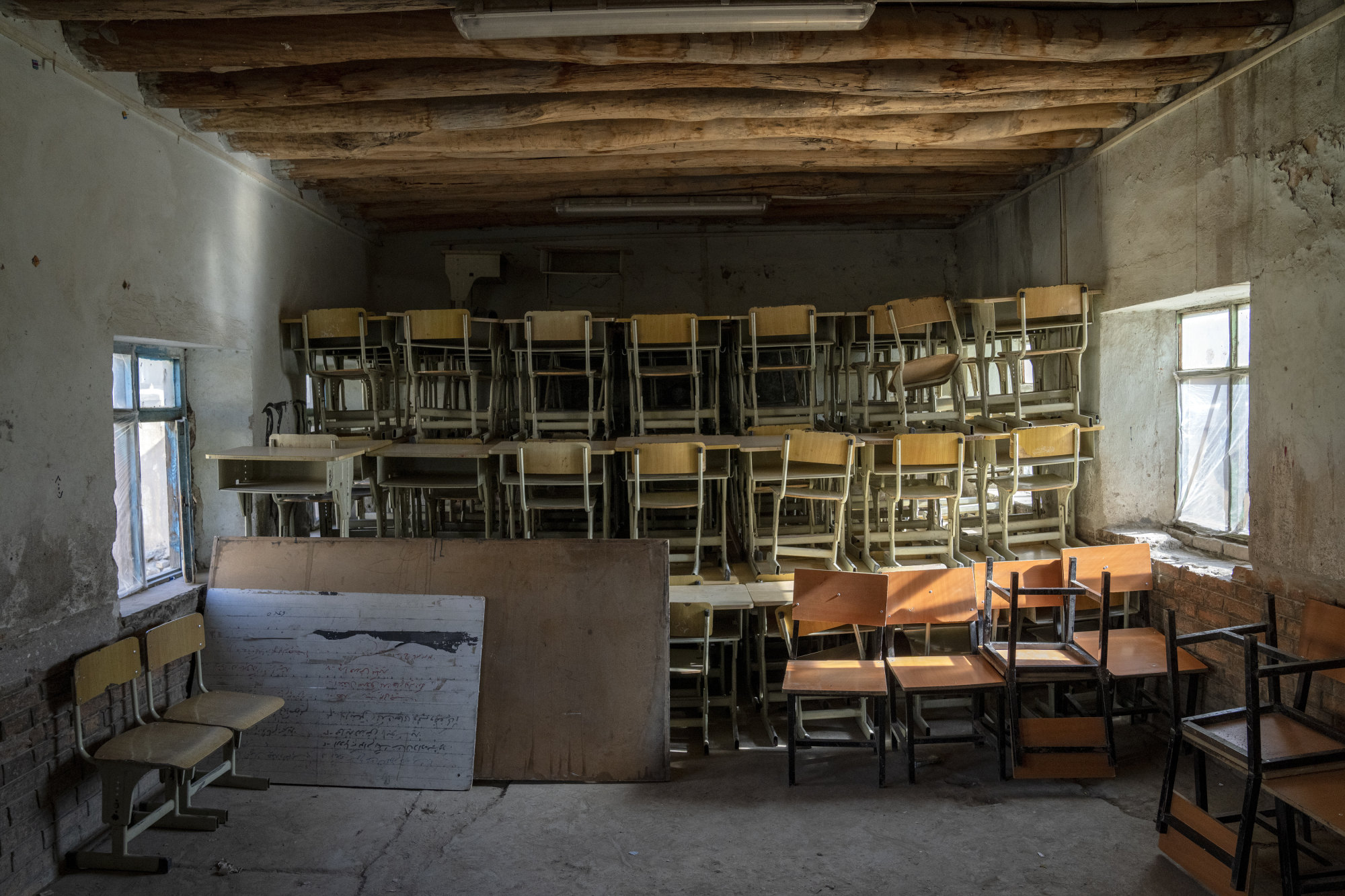
Earlier on Saturday, Taliban security forces used a water cannon to disperse women protesting against the ban on university education for women, eyewitnesses said.
Afghanistan’s Taliban rulers on Tuesday banned female students from attending universities effective immediately. Afghan women have since demonstrated in major cities against the ban, a rare sign of domestic protest since the Taliban seized power last year.
According to eyewitnesses in the western city of Herat, about two dozen women on Saturday were heading to the provincial governor’s house to protest the ban, chanting: “Education is our right,” when they were pushed back by security forces firing the water cannon.
Video shared with The Associated Press shows the women screaming and hiding in a side street to escape the water cannon. They then resume their protest, with chants of “Disgraceful!”
One of the protest organisers, Maryam, said between 100 and 150 women took part in the protest, moving in small groups from different parts of the city towards a central meeting point. She did not give her last name for fear of reprisals.
“There was security on every street, every square, armoured vehicles and armed men,” she said. “When we started our protest, in Tariqi Park, the Taliban took branches from the trees and beat us. But we continued our protest. They increased their security presence. Around 11am, they brought out the water cannon.”
A spokesman for the provincial governor, Hamidullah Mutawakil, claimed there were only four to five protesters. “They had no agenda, they just came here to make a film,” he said, without mentioning the violence against the women or the use of the water cannon.
There has been widespread international condemnation of the university ban, including from Muslim-majority countries such as Saudi Arabia, Turkey, the United Arab Emirates and Qatar, as well as warnings from the United States and the G7 group of major industrial nations that the policy will have consequences for the Taliban.
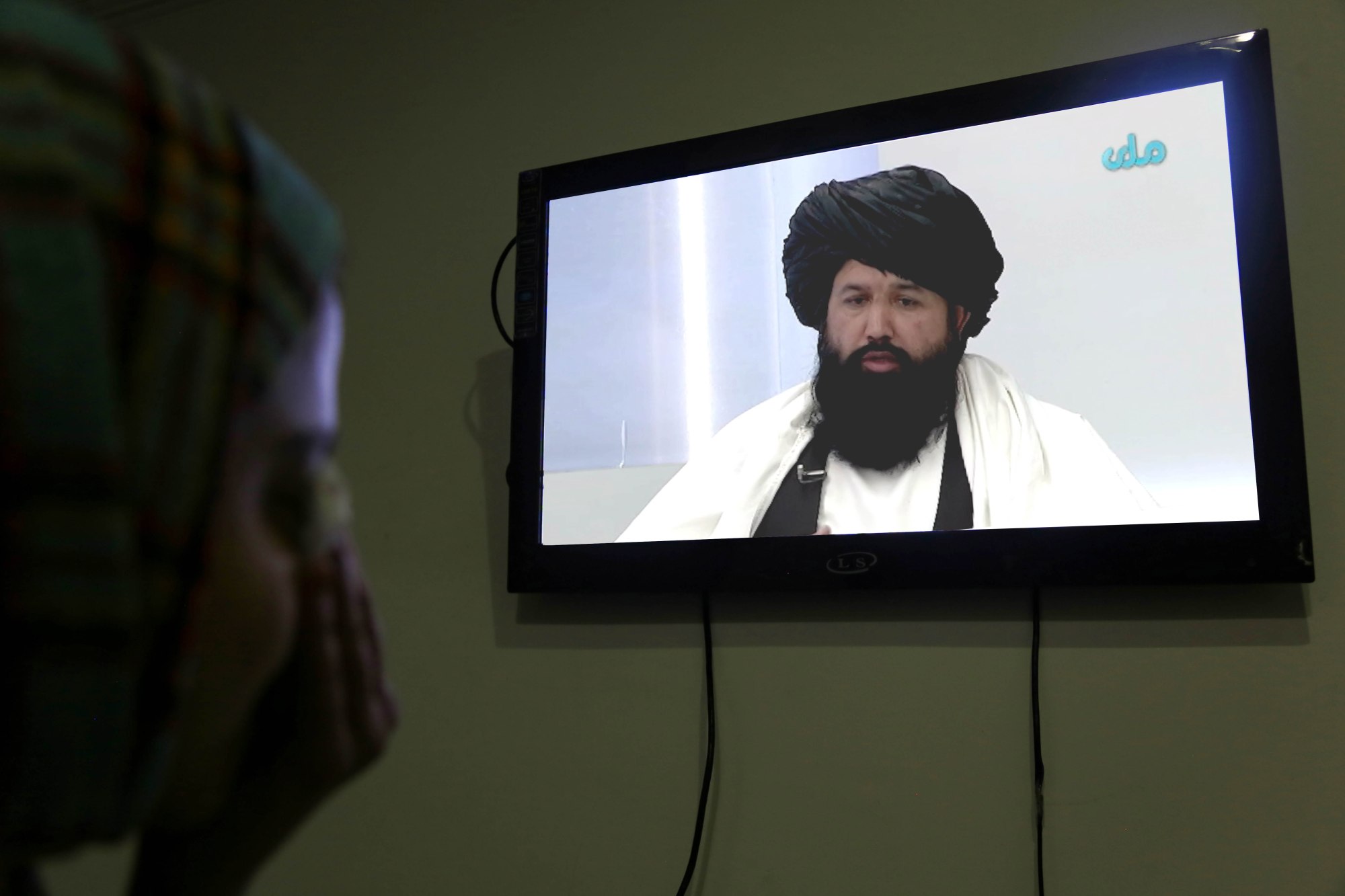
An official in the Taliban government, Minister for Higher Education Nida Mohammad Nadim, spoke about the ban for the first time on Thursday in an interview with the Afghan state television. He said the ban was necessary to prevent the mixing of genders in universities and because he believed some subjects being taught violated the principles of Islam.
He said the ban would be in place until further notice.
Despite initially promising a more moderate rule respecting rights for women and minorities, the Taliban have widely implemented their interpretation of Islamic law, or sharia, since they seized power in August 2021.
They have banned girls from middle school and high school, barred women from most fields of employment and ordered them to wear head-to-toe clothing in public. Women are also banned from parks and gyms. At the same time Afghan society, while largely traditional, has increasingly embraced the education of girls and women over the past two decades.
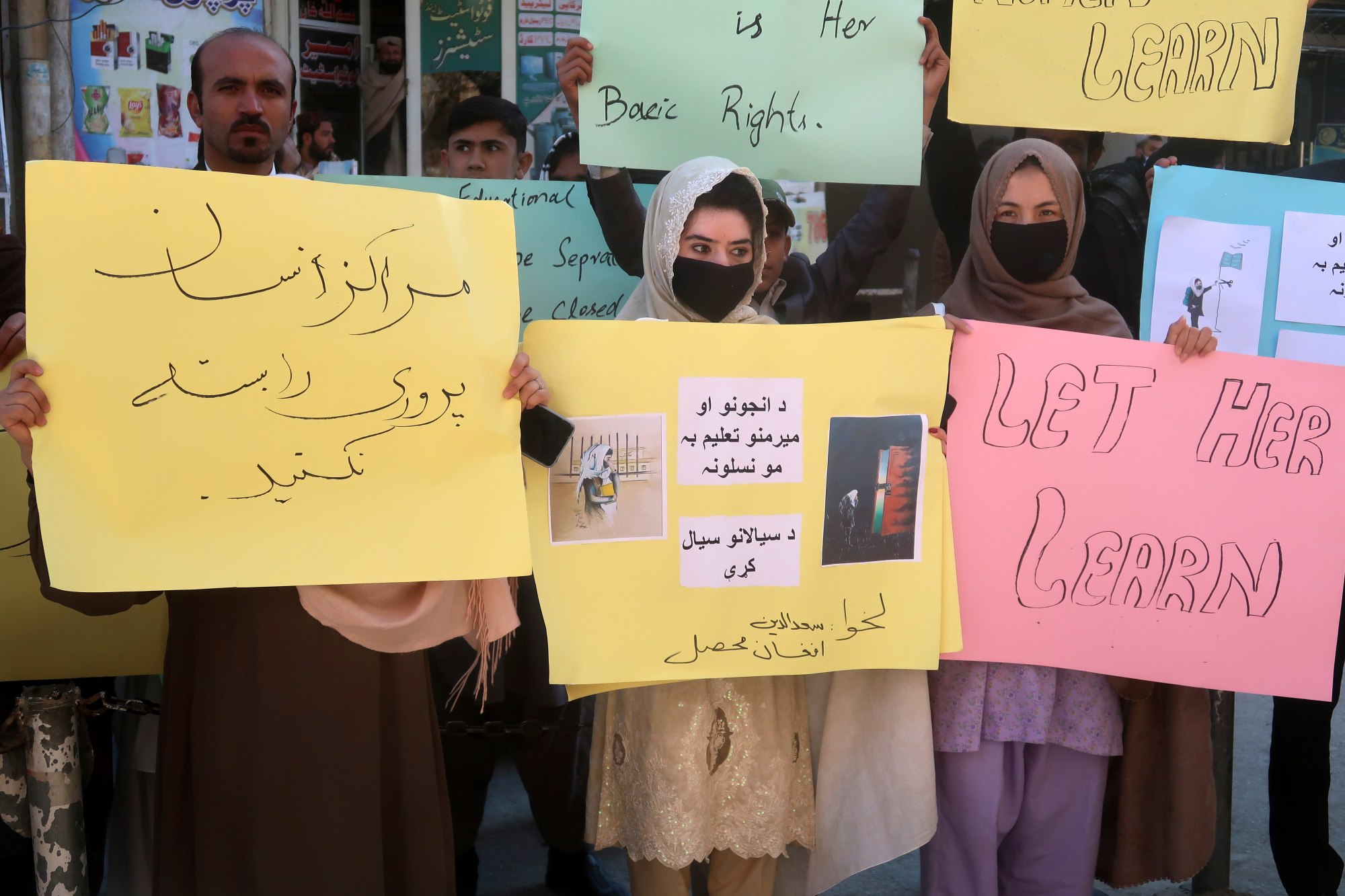
Also on Saturday, in the southwestern Pakistani city of Quetta, dozens of Afghan refugee students protested against the ban on female higher education in their homeland and demanded the immediate reopening of campuses for women.
One of them, Bibi Haseena, read a poem depicting the grim situation for Afghan girls seeking an education. She said was unhappy about graduating outside her country when hundreds of thousands of her Afghan sisters were being deprived of an education.
Additional reporting by Reuters


